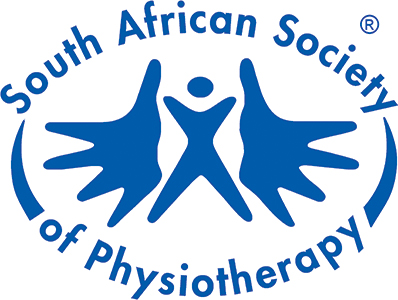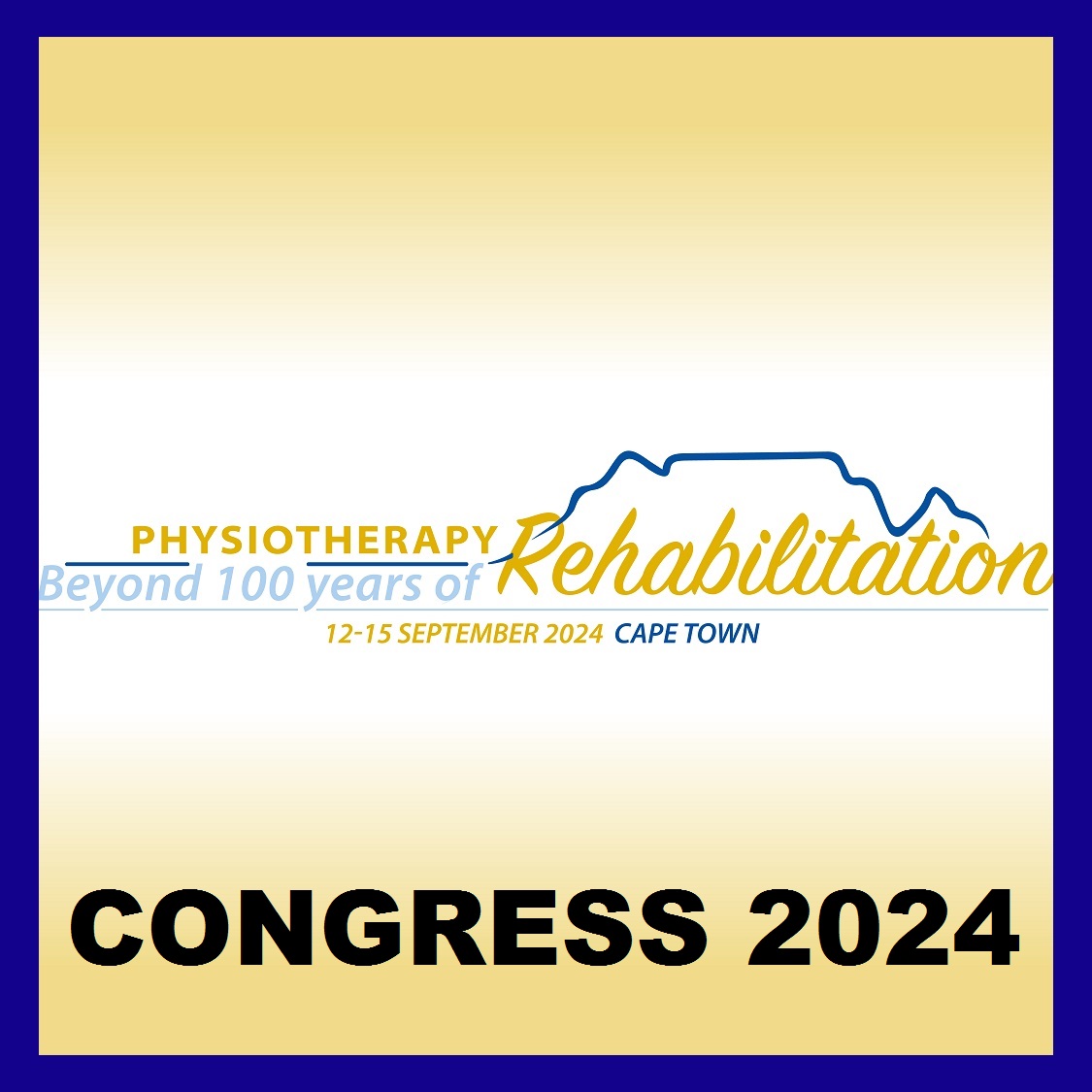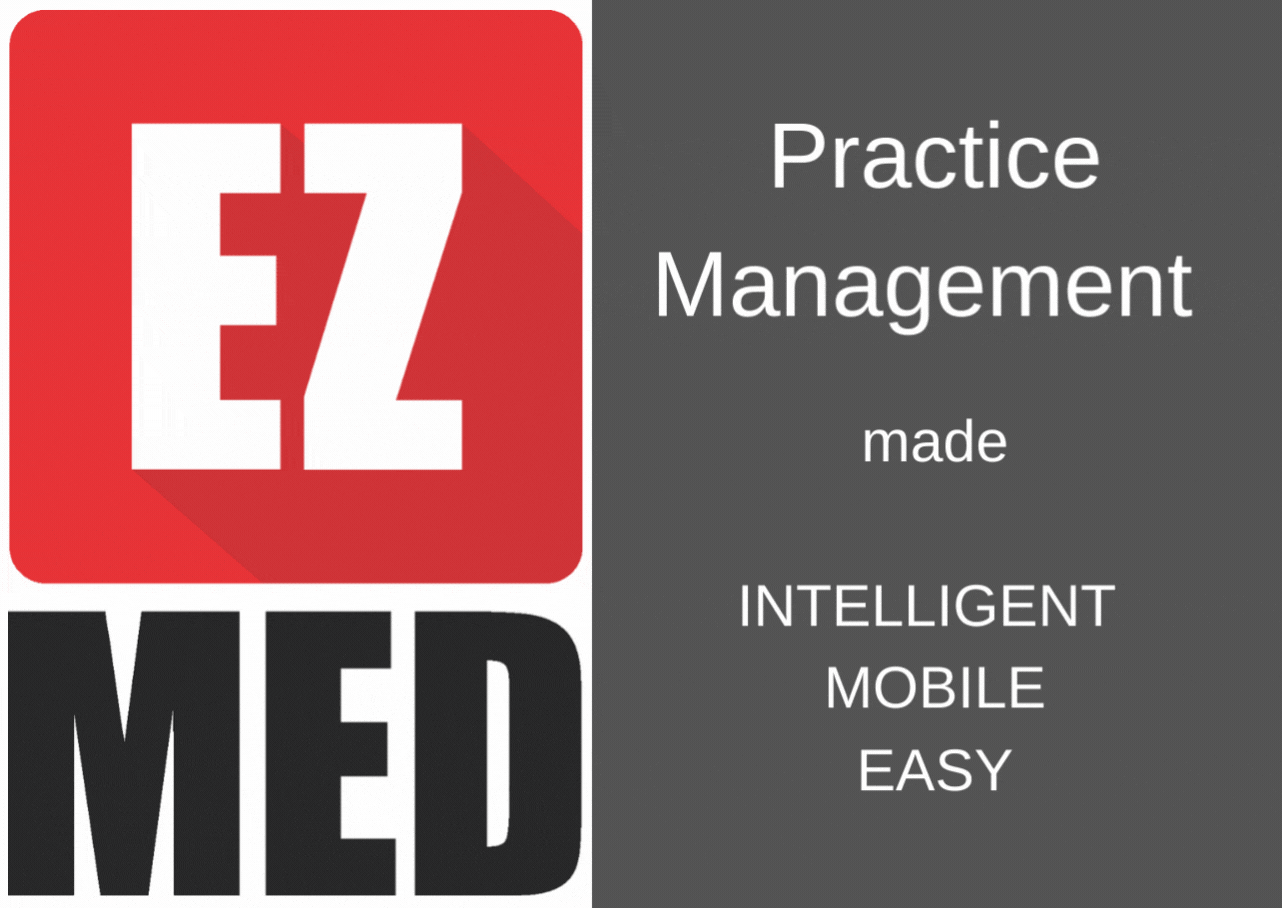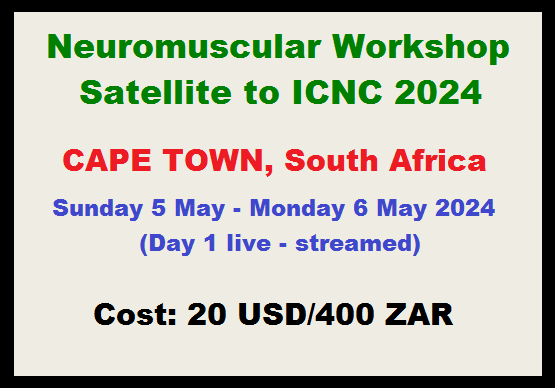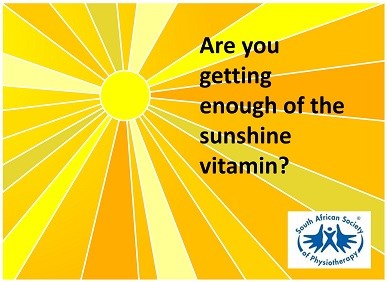
They call it the sunshine vitamin – but why is there such a fuss about vitamin D in recent years – and should you be taking a supplement?
“People who are low in vitamin D can’t absorb calcium efficiently, and as most of us know, calcium is vital to the optimum function of our nerves, muscles and cardiovascular health,” says Dr Ina Diener, President of the South African Society of Physiotherapy. “It’s so important that the body just won’t let you be without calcium; if you can’t absorb it properly, it will mobilise calcium from the store in your bones – so your heart and nerves will go on working nicely, but your bones are weakened and you become more prone to fractures.”
Vitamin D is synthesized in the skin by sunshine – although you can get some of your needs from foods like fatty fish (herring, mackerel, sardines, tuna, salmon) and eggs.
Vitamin D is also crucial to the absorption of phosphate (another element in the structure of bones and teeth) and seems to help reduce the occurrence of autoimmune diseases like rheumatoid arthritis, multiple sclerosis and diabetes – it may even help to combat certain cancers. All told, it’s a pretty important vitamin (even though it’s not really a vitamin – but that’s another story!)
Which is why experts have been rather concerned about reports pouring in from many parts of the world indicating low levels of vitamin D. Research dating back as far as the 1980s has shown that populations in some surprisingly sunny countries have low levels of vitamin D – places like Qatar and Oman, as well as many North African countries. But the world really sat up and took notice when it was reported that roughly a third of Australians are D-deficient, along with a substantial number of USA citizens.
Why should this be? Arguments have been made for all sorts of causes: there’s been a strong campaign in Australia, for example, to prevent skin cancer by persuading people to use sunscreens with a high Sun Protection Factor (SPF). The problem is that the midday sun, a sun bright and rich in the very UVB wavelengths that we want to avoid to keep melanoma at bay, is the same sun that most efficiently synthesizes vitamin D in the skin.
Our lifestyle has changed in many countries: we no longer work outside or even walk outside. “We get our exercise in gyms, we work in offices, we commute inside cars or buses – our skin barely gets a chance to see the sun,” says Dr Diener. The elderly and those who are housebound are also, obviously, at risk.
More controversially, some scientists have noted that cholesterol is necessary for the synthesis of vitamin D – but we are working to reduce our cholesterol through changes in diet and even medication.
How do we get enough vitamin D for our health – without risking skin cancer? The simple answer, to many, would seem to be supplementation. But that’s a strategy that has had bad press lately. A 2013 editorial in the Annals of Internal Medicine, citing evidence from a number of large studies, concluded that “supplementing the diet of well-nourished adults with (most) mineral or vitamin supplements has no clear benefit and might even be harmful.”
Which leaves us with two options: diet and sunshine. Include more fatty fish and eggs in your diet – that’s in line with the call to simply eat more real, unprocessed foods.
And maybe, just maybe, get out in the sun? In 2006, the Cancer Council Australia, the Australian and New Zealand Bone and Mineral Society, Osteoporosis Australia and the Australasian College of Dermatologists reviewed the evidence and came out with a position statement. As long as you avoid exposure or protect yourself when the UV count is high, and during the middle of the day (10 am to 3 pm), you should be able to get a dose of D by exposing your unprotected skin to the sun on either side of that time period.
“Morning and afternoon are good times to exercise, too, when the heat is not so punishing,” says Dr Diener. “We’d encourage people to get outside at those times at least four or five times a week – and suggest that employers encourage this option, too; flexitime or other arrangements can be made to allow people to get exercise at these times, when the sun is shining but not too bright. It can only be good for your health, in more ways than one!”
The SASP would like to wish all South Africans a peaceful, healthy and sunny holiday season.
